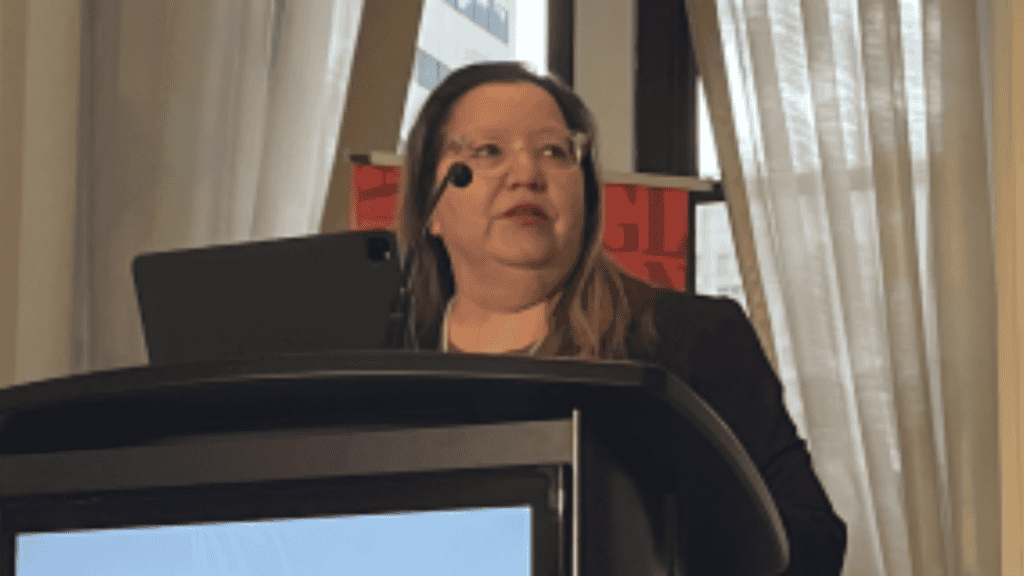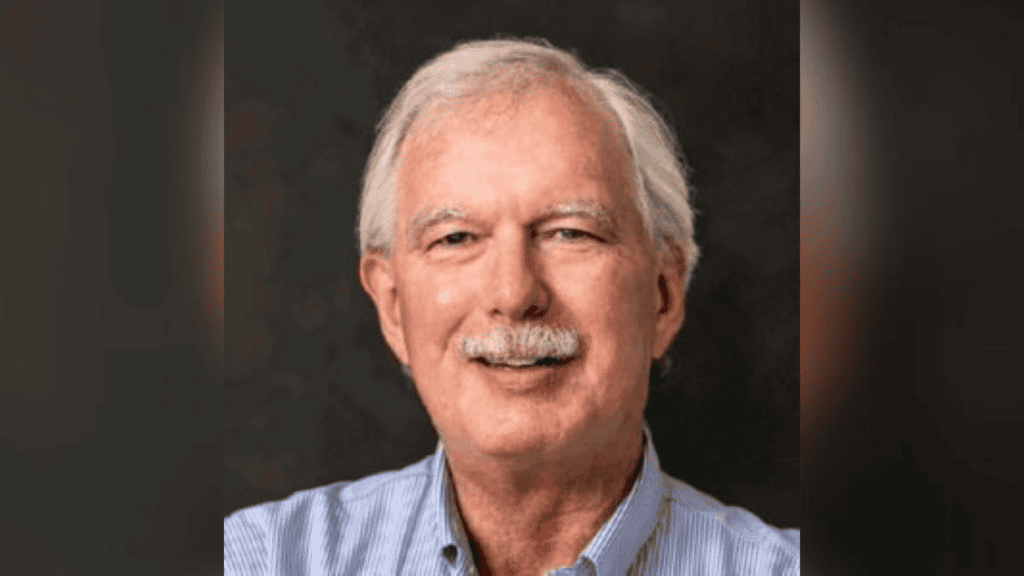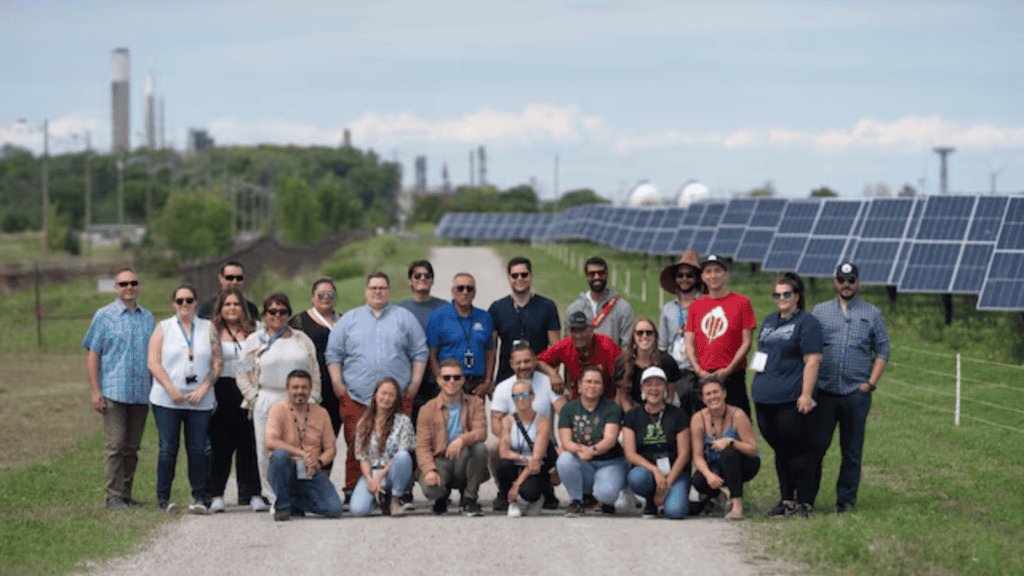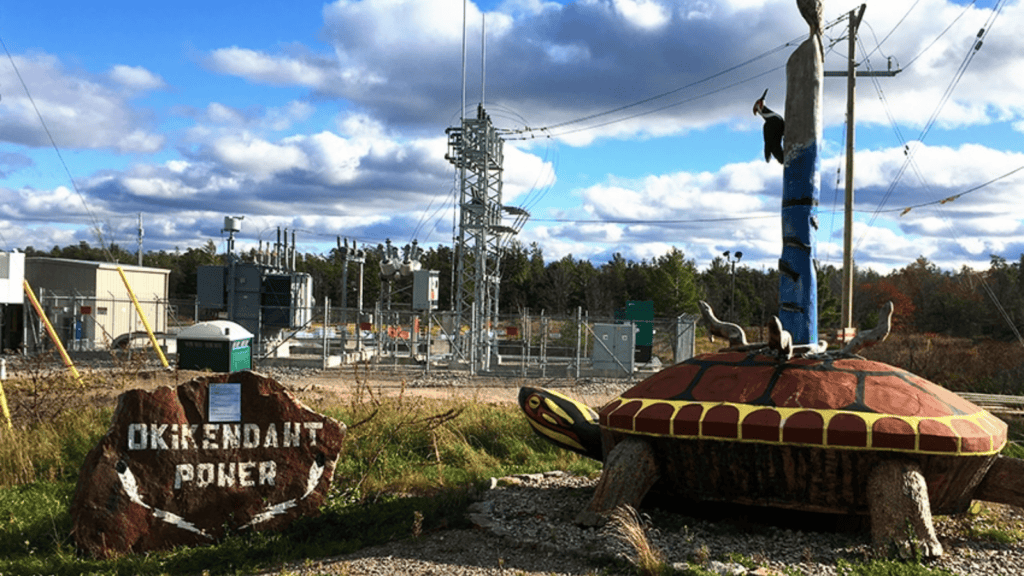
News & Events
News Releases

First Nations Australian and Canadian energy leaders head to Canberra to secure Australian government’s commitment to partnering with First Nations in the clean energy transition
OTTAWA, ON, October 16, 2023 — First Nations leaders from Australia and Canada are meeting with the Federal Minister for Climate Change and Energy Chris Bowen on 17th October and Members of Parliament and over 40 clean energy leaders on the 18th to share Canada’s experience and learnings to successfully ensure First Nations partner in Australia’s energy transition.
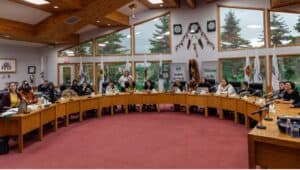
Honouring Indigenous leadership at the National Indigenous Clean Energy Forum
VANCOUVER, BC, July 25, 2023 – Indigenous Clean Energy (ICE), along with the 20/20 Catalysts Program, are proud to host the sixth annual Indigenous Clean Energy Forum on July 28, 2023, on the unceded traditional territories of the xʷməθkʷəy̓əm (Musqueam), Sḵwx̱wú7mesh (Squamish), and səlilwətaɬ (Tsleil-Waututh) Nations.
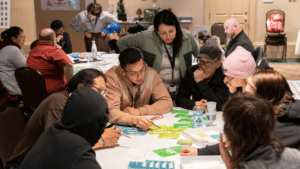
20/20 Catalysts heading to Saskatchewan for the second on-site intensive session
OTTAWA, ON, June 9, 2023 – The 20/20 Catalysts Program, Indigenous Clean Energy’s flagship capacity-building program, will host the second on-site session (from June 8 to 16) in Saskatoon, Treaty 6 territory, to continue the learning experience and networking opportunities the program provides for participants.

New green job opportunities for Indigenous youth through Generation Power
OTTAWA, ON, June 6, 2023 – Recognizing the crucial role that young people play in the transition to a sustainable future, Indigenous Clean Energy (ICE), supported by Natural Resources Canada (NRCan), is announcing new funding available for job opportunities for Indigenous youth ages 18 to 30 in the clean energy and renewables sector.

Announcing expansion to ICE’s sustainable transportation program, Charge Up
OTTAWA, ON, May 31, 2023 – Indigenous Clean Energy (ICE) is pleased to announce the expansion of the Charge Up program, which includes increased funding and extended timelines for application and project completion for participants.

From coast to coast to coast, Indigenous clean energy leaders come together on a one-of-a-kind learning experience
UNAMA’KI, NS, May 1, 2023 – Indigenous Clean Energy (ICE) is proud to announce the first on-site intensive session with the 2023 cohort of Catalysts taking place in Mi’kmaw traditional territory of Unama’ki (Cape Breton, Nova Scotia) and home of Eskasoni, Membertou, Potlotek, Wagmatcook, and We’koqma’q First Nations.
Jump to a section:
Media Inquiries
For media inquiries, please contact:
Lina Forero, Senior Communications Manager
lforero@indigenouscleanenergy.com
